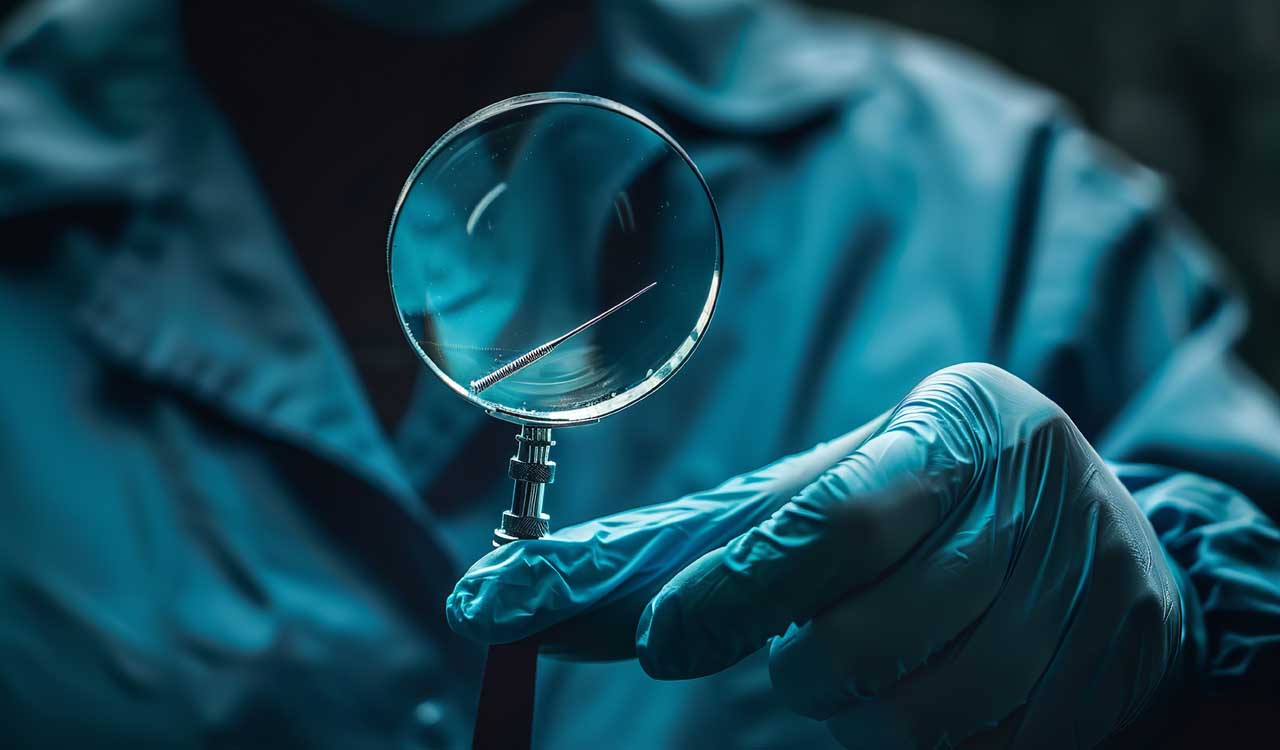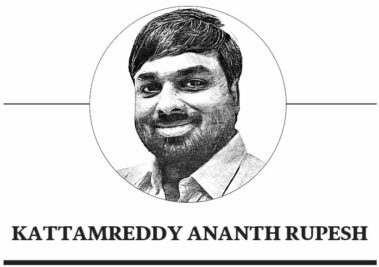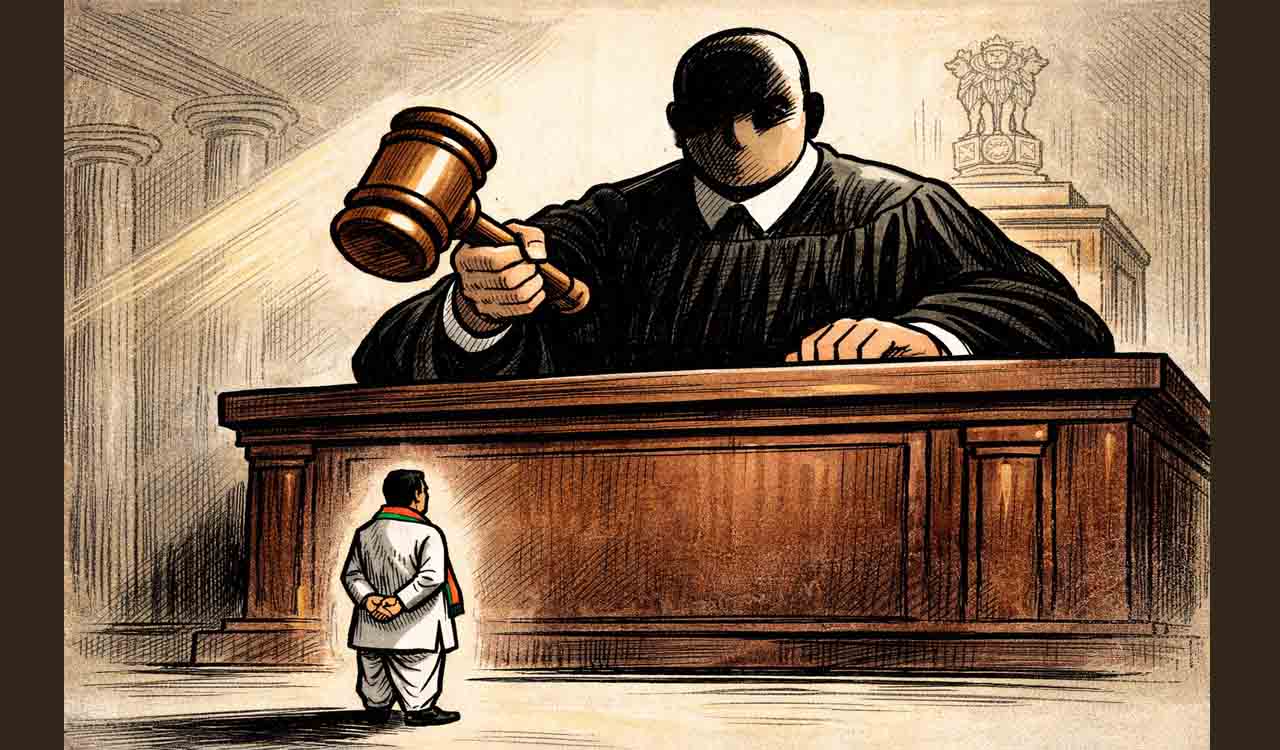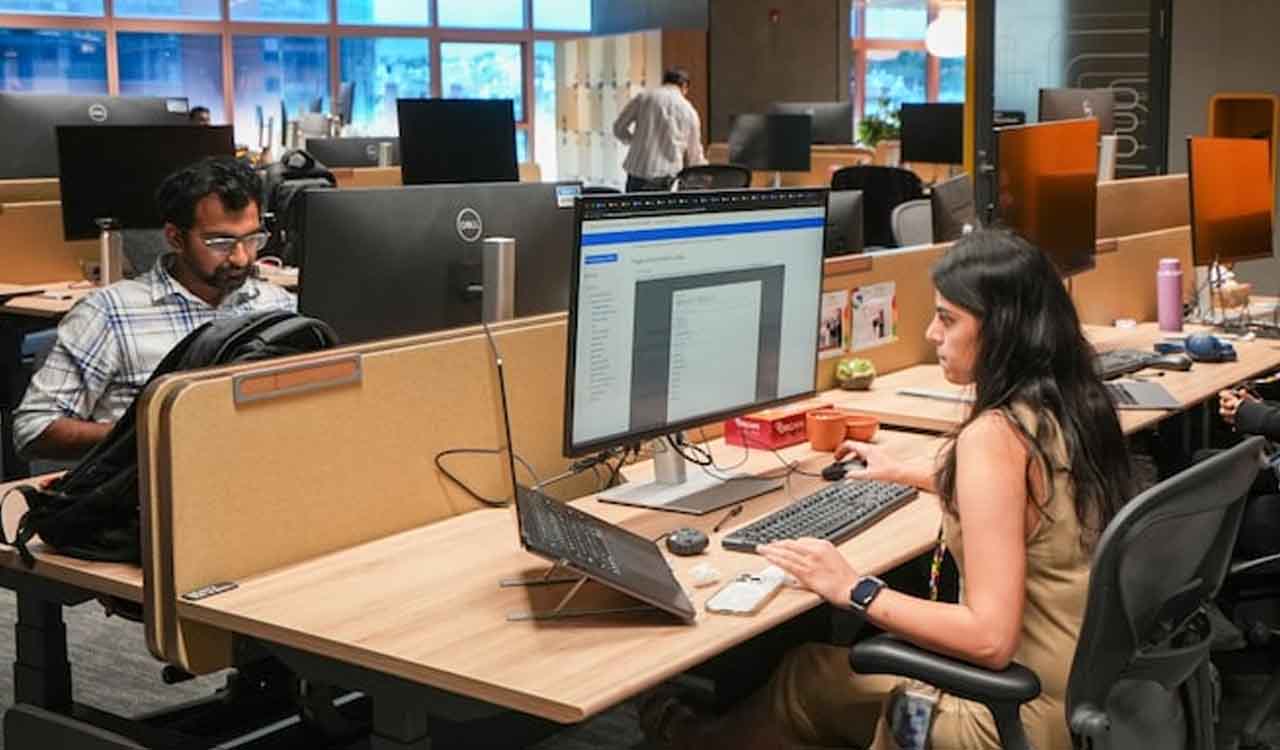Opinion: Forensic Medicine in India needs urgent systemic overhaul
With rising unnatural deaths and increasingly complex crimes, a systemic overhaul, including modernised morgues, standardised autopsy practices, and policy support, is needed in India’s forensic medicine system

By Kattamreddy Ananth Rupesh
While most doctors dedicate their lives to saving the living, there exists a rare breed of medical professionals who serve justice by speaking for the dead. Imagine a doctor with Sherlock Holmesian acuity; a crime pathologist who works not in bustling clinics but in the quiet intensity of morgues and crime scenes.
Also Read
Forensic medicine specialists don’t just perform autopsies; they preserve the truth. While the world celebrates life in all its vibrancy, these doctors labour behind the scenes, collecting fragile evidence from the deceased or the deeply traumatised; a rape survivor, an assault victim; all to ensure that justice is not buried with the pain.
To raise awareness about the vital role played by forensic medicine specialists in India and strengthen their connection with the communities they serve, the Indian Academy of Forensic Medicine (IAFM), one of the world’s largest associations of medicolegal professionals, began observing May 12 as Forensic Medicine Day.
This initiative, launched in 2022 to commemorate the golden jubilee of the foundational day of the IAFM, aims to highlight the importance of medicolegal work in upholding justice and safeguarding public health.
Indian Morgues
India, as one of the most populous countries in the world, records a significant number of unnatural deaths annually, including suicides, homicides, and accidents. These cases often necessitate a medicolegal autopsy to establish the cause of death. Forensic autopsies are typically conducted at teaching hospitals and designated medicolegal centres under the jurisdiction of state governments. Since law enforcement is a State subject, and the police serve as the primary investigating authority in cases of unnatural deaths, most medicolegal work is carried out in state-run hospitals.
Basic amenities at morgues — such as drinking water, restrooms, and a quiet space to grieve — are often neglected and deserve urgent attention from the state
However, in many States, the infrastructure available for conducting autopsies is inadequate. Morgues often lack sufficient cold storage facilities required for the preservation of bodies, and there is a recurring shortage of essential consumables such as gloves and personal protective equipment.
Additionally, many hospitals, particularly those in peripheral or rural areas, do not have the necessary surgical tools and infrastructure to support proper autopsy procedures. While teaching hospitals are relatively better equipped to handle the workload, disparities in infrastructure and resources remain a pressing concern.
Quality of Medicolegal Work
In India, any doctor with an MBBS degree is currently permitted to perform autopsies. This was historically justified by the shortage of forensic medicine specialists. However, with a growing number of qualified forensic experts now available, it is both feasible and necessary for governments to employ trained specialists for this critical work.
Conducting autopsies, particularly in complex or sensitive cases, demands the professional expertise of a forensic medicine specialist. Delegating such critical responsibilities to general practitioners or primary care physicians is far from ideal in a modern medicolegal system, as it can result in the loss of vital evidence. The unfortunate reality is that once a body is cremated, the opportunity to gather and interpret crucial forensic evidence is often lost forever.
By the same token, it is imperative to establish standardised protocols for medicolegal investigations across the country to prevent unscientific practices and to institute a code of scientific and ethical conduct for forensic medicine specialists. This is essential to safeguard against the loss or tampering of evidence, as seen in the recent Pune Porsche car crash, where the forensic medicine specialist heading the clinical forensic medicine unit allegedly manipulated blood samples to ensure alcohol was not detected in the accused’s specimen collected at the emergency department.
Concerns of Grieving Families
While forensic specialists often raise concerns about issues like unpaid court allowances and lack of state support, it is equally important to view our work through the lens of the grieving families we serve. These families come to us in moments of deep vulnerability, and we have a duty to minimise their distress by reducing autopsy turnaround times. Some States have introduced night-time postmortems to address delays, which is a step in the right direction. Though we cannot restore their loss, we can ease their burden by shortening mortuary wait times and ensuring dignified, timely closure.
While media highlighted the supposed prioritisation of forensic investigations under the new legal framework (BNS, BNSS and BSA), this attention is only focused on forensic science such as DNA or fingerprint analysis
Basic amenities at morgues — such as drinking water, restrooms, and a quiet space to grieve — are often neglected and deserve urgent attention from the state. As men and women of science, we may explain the ‘how’ of death, but not always the ‘why’. In select cases, the adoption of virtual autopsy — an imaging-based, non-invasive technique without dissecting the dead body — can also honour religious sentiments while maintaining scientific integrity.
Obsolete Legal Framework
The new criminal laws in India have failed to reform the system of unnatural death investigations. They continue to position the police and magistrates as the central authorities in death inquiries, without acknowledging the critical role of forensic medicine. While media coverage highlighted the supposed prioritisation of forensic investigations under the new legal framework (BNS, BNSS and BSA), this attention is only focused on forensic science such as DNA or fingerprint analysis. Forensic medicine remains overlooked and there is no change in the age-old unnatural death investigation procedure.
In cases involving offences against the human body, especially those resulting in death, the forensic pathologist should serve as the primary death investigator. Countries like the United States employ a medical examiner system that places the forensic pathologist at the core of death investigations, a model that has often led to more successful convictions and enhanced public trust in the justice process.
Public Health Role
Apart from being integral to criminal investigations in unnatural deaths, such as homicides, and the medical examination of victims of assault, forensic medicine specialists also play a central role in facilitating organ donation in cases of brain death resulting from incidents like road traffic accidents.
Moreover, the data gathered and analysed from autopsy reports can provide valuable insights into the factors contributing to homicides or road traffic accidents. A systematic organisation of this data can inform policy changes and help implement preventive measures. Such research and data-driven approaches could significantly contribute to reducing unnatural deaths and crime rate across the country.
Although we have the data published by the National Crime Records Bureau (NCRB) to understand unnatural deaths in the country; is often limited in both scope and depth, particularly when it comes to capturing the nuances of medico-legal and forensic aspects of crime.
The Way Forward
The central government has made significant strides in upgrading forensic medicine infrastructure at institutions like AIIMS, such as establishing virtual autopsy centres and in-house laboratories for ancillary investigations. However, the modernisation of basic morgue facilities at all levels remains vital. In the post-Covid world, with the rise in sudden cardiac deaths among the young, India must initiate a national molecular autopsy program, similar to the US Department of Justice-funded initiative, to identify and prevent genetic causes of sudden cardiac death.
States should invest in modernising mortuaries, developing model mortuary centres, and implementing a code of medicolegal practice ensuring autopsies are conducted by forensic surgeons only. A critical aspect of improving medicolegal work involves engaging the private sector in autopsy services, with proper regulation. The introduction of MedLeAPR (Medical Legal Autopsy and Post-Mortem Reporting) by the Centre to standardise autopsy reporting is a step in the right direction, providing valuable data for research and preventing unnatural deaths.

(The author is Assistant Professor of Forensic Medicine and Toxicology, Andhra Medical College, Maharanipeta, Visakhapatnam)
Related News
-
This is taxpayers’ money: Supreme Court raps freebies culture
15 mins ago -
Hyderabad: Residents oppose Gandhi Sarovar Project over ‘forcible’ land acquisition
26 mins ago -
Australia level series as Indian women slide to 19-run defeat in second T20I
40 mins ago -
Karnataka beat Uttarakhand in semis, to face Jammu and Kashmir in Ranji final
46 mins ago -
Five Osmania varsity players in South Zone squad for Vizzy Trophy
54 mins ago -
Disciplined West Indies bundle out Italy with ease, tops Group C in T20 WC
55 mins ago -
Zimbabwe shock Sri Lanka to enter super eights, African team’s sublime run continues
57 mins ago -
ACB finds irregularities during surprise check at Dundigal municipal office
1 hour ago




